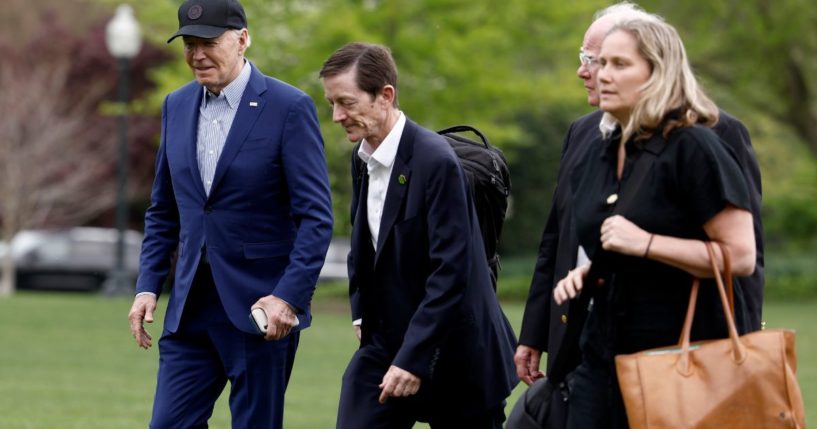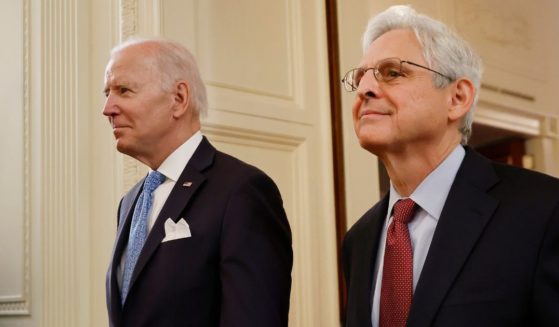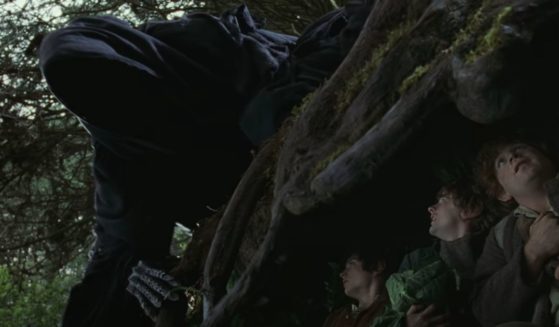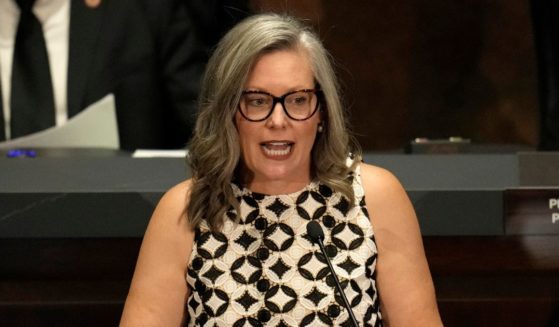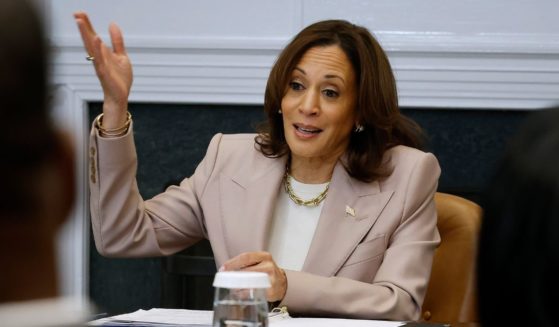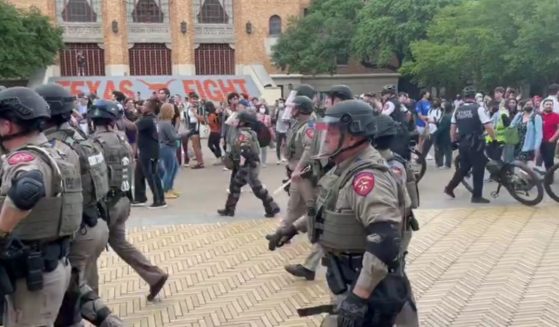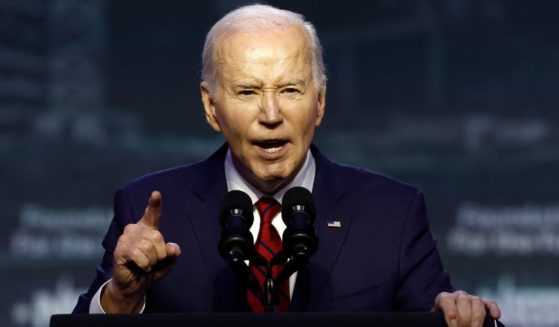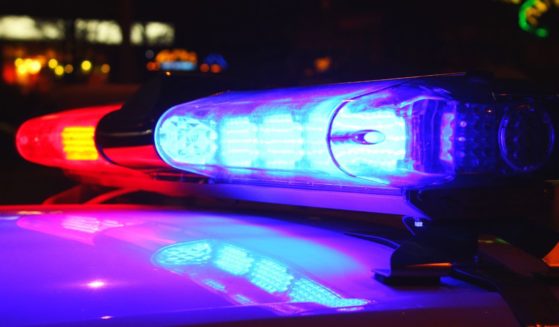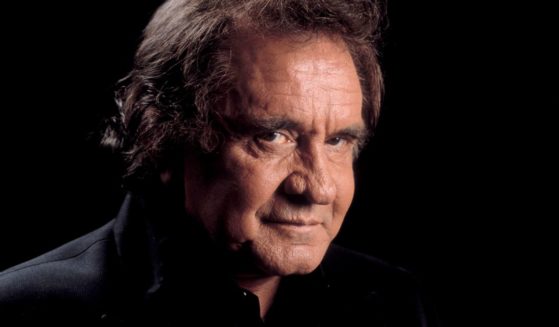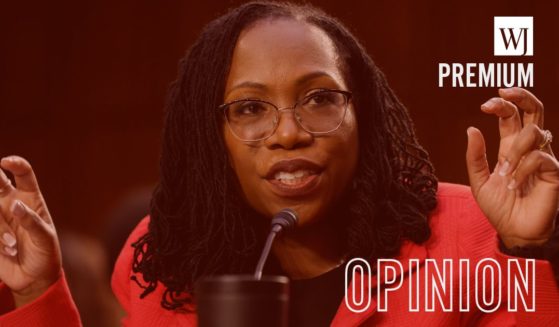Get the latest news delivered right to your email.
2024 Election
Top Stories
Advertisement
DOJ Refuses to Comply with Congressional Subpoena and Hand Over Biden Audio, Despite Threat of Contempt
The Department of Justice issued a combative reply to House Republicans' request for audio of Biden's interview about classified documents.
By Jack Davis
April 26, 2024
Comment
MoreShare
'The Lord of the Rings' Trilogy Returning to Theaters, But It's Going to Look a Little Different
One of the most critically acclaimed trilogies in all of film is making a brief return to major theater chains.
By Bryan Chai
April 26, 2024
Comment
MoreShare
Brutal: Packers Fan Looks Distraught After Team's First-Round Pick
Amid the dismay of one cheeseheaded fan, the Green Bay Packers took a different route with the team's first-round pick in the NFL draft.
By Jack Davis
April 26, 2024
Comment
MoreShare
White House Changes How Biden Walks to and from Marine One in Attempt to Shield Him from Bad Optics: Report
According to a report, Biden’s team hopes to change the narrative that he is too old to serve another term in the White House.
By Johnathan Jones
April 26, 2024
Comment
MoreShare
Arizona's Democratic Governor Vetoes 10 Bills Simultaneously, Including Anti-Squatting and Election Security Measures
"I ran on sanity versus chaos and I've said over and over again that I’ll work with anyone but I’ll also be the backstop."
By George C. Upper III
April 26, 2024
Comment
MoreShare
Democrats Run Focus Groups to Figure Out Why People Don't Like Kamala Harris and End Up Learning the Brutal Truth
"The bad news: Several people said Harris rubs them the wrong way, in all the ways that are familiar from criticism of her," CNN said.
By Connor Cavanaugh
April 26, 2024
Comment
MoreShare
Anti-Israel Agitators at UT-Austin Learn the Hard Way That Texas Does Things Differently Than Blue States
The difference between how red states and blue states are handling these protests is night and day. It just goes to show you what works.
By Laura Wellington
April 25, 2024
Comment
MoreShare
Biden Calls for Record-High Taxes ... We're Closing in on a 50% Rate
Biden's proposed tax increase called forth a debate from another era and reminded us that our Founders would not tolerate this government.
By Michael Schwarz
April 25, 2024
Comment
MoreShare
Advertisement
Biden, Feds Possess Secret AI Tool to Censor and Indoctrinate 'At Scale' Ahead of Election - What You Need to Know
The House Judiciary Committee says there's an AI censorship program designed to skew the narrative toward the left before the 2024 election.
Comment
MoreShare
'Woman': The Left's Absurd Quest to Redefine the Term
The question “What is a woman?” is perfectly leveraged to produce absurdity because to pose this question is absurd.
Comment
MoreShare
Biden Breaking the Ten Commandments: Part Four - Bidenomics Subverts the Sabbath
Biden is upsetting the balance of rest and work ordered by God — and Americans are paying the price economically and spiritually.
Comment
MoreShare
Advertisement
